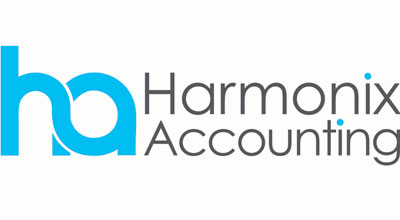Changes To The VAT Flat Rate Scheme – ‘Limited Cost Trader’ Introduction
For those unaware, the flat rate scheme (FRS) was introduced to simplify the process of vat return submissions. The scheme uses a percentage rate, according to the business’s trade, to apply against gross sales (inc. vat), thus calculating the vat liability. Some trade’s percentages are lower because they are deemed as purchasing more goods.
If a business keeps costs are low, and therefore the vat paid out low, then a financial advantage can be gained using the FRS. Businesses can also voluntarily register for vat to take advantage. Savvy business owners have, of course, picked up on this and profited from the scheme, but this is all due to be curtailed.
In these times of austerity, HMRC have continued their mission to close down any financial breaks businesses may receive, especially small businesses it seems! This led to a policy paper entitled “VAT: tackling aggressive abuse of the Flat Rate Scheme”, and on 5th December the announcement of the alteration of the FRS categories to include a ‘limited cost trader’. This is due to become law on 1st April 2017.
How will it work?
The new percentage for a limited costs trader will be 16.5%, but what businesses will be classed as having limited costs?
The costs on each business’s vat period will need to be analysed to check its spending on goods, and should exclude:
- Services such as rent, broadband or telephone (gas and electric are allowed).
- Vehicles (including parts), road fuel and food (so travel and subsistence), except where this is integral to the business e.g. taxi service.
- Capital goods purchased.
- Any goods that do not have 100% business use (so a gas bill with 50% private and 50% business use cannot be included).
- If this total cost for the quarter is less than 2%, or £250 of the business’s sales turnover, then the business is deemed a limited costs trader and the new rate of 16.5% will apply.
Conclusion
HMRC has confirmed, via their policy paper, that an online tool will be available for FRS users to calculate their costs and therefore whether the new rate should be applied. However, it may be easier for users to switch to standard rate vat accounting if vat registration is compulsory for them.
Users that are voluntarily vat registered (with a sales turnover under £83,000), especially those in service industries, should seriously consider deregistering on 1st April 2017.
